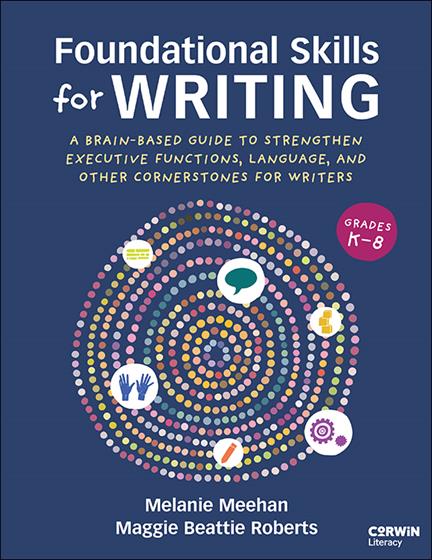A teaching buddy of mine moved to a different school this year. Molly e-mailed to see if my colleague Linda and/or I had suggestions on how she could help US History students she has who are struggling with writing. When I copied Linda on my reply to Molly, Linda suggested I share my reply because others might be able to benefit, so I'm posting it here.
Hello Linda and Val,
OK - they all do their homework religiously here but I do have a rare
few who can't write their way out of a paper bag. Do you have any simple worksheet or format you might share to help the kid who responds to an essay prompt with only one paragraph and doesn't even have a thesis?...I need to offer some tutoring. Not too big of a request, yes?
Okay, here's the best advice I can give you for your students and writing. I've been reading my Jeff Wilhelm the past week or so and he starts all of his books with the main theory his practice is grounded in: Lev Vygotsky. Vygotsky says that "given the proper assistance, nearly anyone can learn nearly anything and what is learned must be taught," (Wilhelm, 24). So, putting that in the simplest of terms: show me, help me, let me. Click here to find out more about Wilhelm's Action Strategies For Deepening Comprehension.
Here's how this would apply to your situation. The students need to see you model the PROCESS. Sure, show them models of written essays but more helpful would be to put a prompt up there and ask them to listen to you model your thinking process IF you were the student and had to write the essay. It's letting them see your brain and thoughts under the microscope. I know this may sound scary because some teachers think we have to have it all together before we can present it to our students, but trust me, it's okay if the students see you grapple. It's actually better because they come to see you as a writer who has to work through things and that it's not just some are good at it and some are not. I'd start from step one with the prompt. You speak out the thoughts you are having about what's important in prompt and what to focus on. Then, let them see you work out a thesis statement. How would you write a thesis if you were given that prompt. You may have to model that several times (the "show me" part of the Vygotsky formula) as some learners need to see it several times. Model the process of brainstorming and how you generate ideas for your essay. Once you model it, move to the "help me" stage. Brainstorm together as a class for prompts. Put a graphic organizer on overhead and call on different students to generate ideas for the planning part. Then, I'd even say you model taking a plan and writing paragraph by paragraph on the overhead as you are articulating your thoughts so that they see your thinking and how you work through the process. Again, you're modeling the process. Next, move to the "help me" by writing paragraph as a class. Ask for students to supply you sentences, so literally, you are writing the essay together as a whole class or group. Big picture here: you'll be writing several essays over a period of time beginning with you doing more and moving to them doing it eventually independently. When you see issues with writing traits (for example, how to set a focus with a thesis or how to support and elaborate with details), do a think aloud about how you address that trait in your own writing so that they see your thoughts. See what I mean about modeling the process?
I'd also bring in mentor texts. If a student is having problems knowing what a good thesis is, then bring in LOTS of thesis statements from various essays and articles. Compile them and have class analyze them. Analyze one together, noting what works and what doesn't. Whatever part they are struggling with, bring in loads of good examples so that they can see what good ones look like (So they are seeing models of PROCESS with you and models of PRODUCTS with the mentor texts). Jeff Anderson and Katie Wood Ray do a lot with the idea of mentor texts. And, once you get comfortable with it, ask students to model their thinking. So, pick a student who does a good job on something (like for example a student who knows how to write a pretty good thesis statement) and have that person come to front of room and model how he/she would generate a thesis statement from a prompt. Lots of repetition for this process and they will move to the "Let me" stage of the formula. :) Hope this doesn't come across as easy cause it's not. It's a lot easier to talk about but the actual working out of it is challenging but I think the more our students can see us as learners, the better it will be for their learning.
Foundational Skills for Writing: Book Review and Giveaway
-
If you're stuck figuring out how to support writers' foundational skills or
simply want to grow your teaching knowledge and expertise, Melanie Meehan
and M...
2 days ago





No comments:
Post a Comment